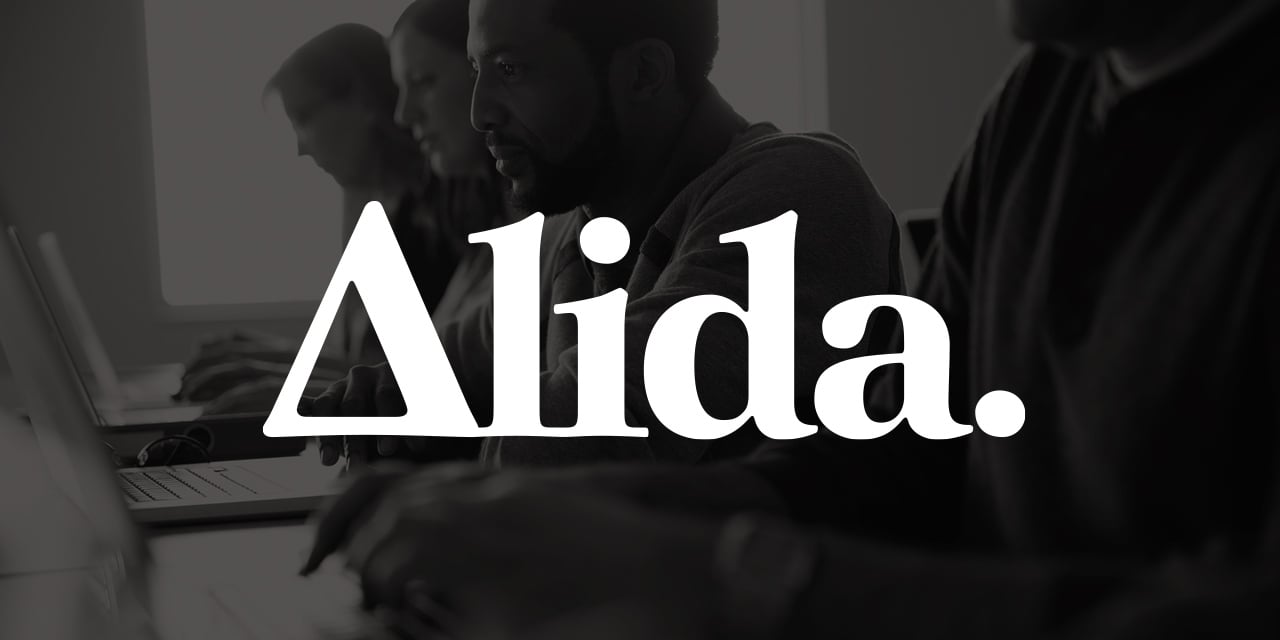Pixel United has harnessed the power of communities to the hilt, not only by developing an insight wellspring, but establishing lasting relationships with the members.
Imagine a company malleable enough to take users’ insights, combine them with behavioral data and react in the nick of time to changing conditions to ensure the best experience for their customers.
Turns out it’s possible. In fact, some companies are already doing it.
In conversation with Alida’s senior account executive for global gaming, Colan Neese, Pixel United’s players insights lead Leslie Willis reveals how the company turned their communities into multipurpose tools they use to advance not only their CX goals, but gaming development in general.
ALL ABOUT THE PLAYER
Pixel United is a leading mobile-first games developer (20 million players monthly) that relies on insight communities to uncover the causes behind changes in behavioral data. The goal is to make meaningful and profitable improvements to the gaming experiences Pixel United delivers with the information gathered.
In partnership with Alida, Pixar United has built two insight communities, Big Fish Think Tank and Product Madness Insiders. The combination of insights obtained through the communities and existing behavioral data has helped Pixar United create deep progressive profiles, which in turn have strengthened the company's relationships with the players.
“One of our core values is that we are all about the player,” says Leslie. “At the micro level, we knew what our players did behaviorally in-game, but we didn’t know who they were as humans. Understanding what made them tick was a huge impetus for us.”
WELCOME TO THE BIG FISH THINK TANK
Pixel United could have chosen a different road to gain player insights, like surveying them in-game. But such approach comes with risks: “If you don’t have an integrated survey experience, you’re pulling the players out of the game they came to play and potentially spend money in”, explains Leslie Willis.
While there’s a time and a place for research of that nature, Pixar United supplements it with findings from communities outside the game experience: “We were looking for partners that would help us accomplish all of this and saw that Alida could give us the deep progressive profiling we were looking for. That’s how our Big Fish Think Tank was born”, says Willis.
In building deep progressive profiles, profile variables are key. Pixel United recruited players from every single one of their casual game titles for the community and profiled them. Today, Big Fish Think Tank has over 20,000 members (“A massive treasure trove”, according to Willis.)
Big Fish Think Tank became the first place Pixel United goes to whenever the company has a burning business question for an audience of current players. Willis explains: “It’s an amazing space for us to get quick answers and help us plot our next move. It’s even baked into our game greenlight process: we have research studies that have to be conducted in the Think Tank before a game gets a round of funding. Members inform every lifecycle decision we make about our casual games segment, from marketing preferences to user acquisition initiatives to UX improvements to, ultimately, retention campaigns.”
According to Leslie Willis, the members of the community feel like their participation is benefiting them. By regularly engaging with the players and fostering the sense of community, they keep their regulars at the forefront of the conversation without the need for incentives. “They see the results after they share their opinions in surveys.”
PRODUCT MADNESS INSIDERS
The decision to add a second community wasn’t made lightly, but the quality of the insight delivered by Big Fish Think Tank motivated another Pixel United business unit (slot games) to adopt the same approach. “All the rich profiling data we were able to collect outside of (the players) actual behavior is not something we could have obtained in-game or have the capacity to store on our end.”
The tipping point for Pixel United to venture into multiple communities was the desire to create a pipeline that connected their behavioral data warehouse with Alida, with the intention of targeting a subset of players for surveys based on their in-game behavior. “We saw the business value of having a 360-degree view of our consumers and decided we needed it for Product Madness as well”, reveals Willis.
One of the challenges this strategy solved was the contradiction between what the players said they wanted and what they actually did in-game. “By marrying both narratives we were able to see patterns. We learned from profiling at the Think Tank and looking at consumer segmentation that our casual gamers behaved fundamentally different from slot players. Our casual gamer segment wants to be communicated with in more casual ways, whereas our slot players are trying to win money.” By understanding how those audiences differed and offering them each experiences they would find challenging and fulfilling became the core of the program.
BE NIMBLE, BE QUICK
The impact of the insight communities on Pixel United is in plain sight. A notable success story comes from Product Madness Insiders: “Someone from the community reached out to flag an ad that was breaking our game. I sent the feedback to our team and they pulled down the game within 20 minutes and provided a better customer experience for our players.”
Another triumph came from one of Pixel United’s biggest hits, Evermerge. “In one of our surveys, a player informed us that she oversaw the Evermerge’s Facebook group—one with 10,000 members—and let us know what the group was talking about. We immediately contacted her, picked her brain, and sent a gift card as a token of our appreciation. By opening up that line of communication, we were able to get feedback from 10,000 people. That unexpected benefit added a layer of amazingness to our survey quota.”
LET’S TALK ROI
The optics of the insight community impact are good, but what about the ROI? The results are about as positive.
- Over a period of four months (May - August 2021), Big Fish Think Tank members spent 181% more than non-members.
- Members played 122% more hours (2.25 times longer than non members) and reached higher levels (17% above average), all of which translated into more time in the ecosystem.
Rather than rely on external sample companies to find players, Pixel United does the research in-house, and uses the insight communities for recruitment initiatives, focus groups, play and UX testing, and one-on-one interviews.
In the short term, this approach saves the company millions of dollars in recruitment and incentives. Long term, Pixel United is building an effective CX strategy by fostering relationships with the members of the insight communities.
The next frontier for Pixel United is to create a model that helps the company understand players’ propensity to churn. To that effect, they will look at behavioral data and profile variables in their communities in search of churn predictors. “This will help us understand the customer lifecycle better”, concludes Leslie Willis. “We’re thinking about the growth of gaming and where we need to be heading as a company.”






